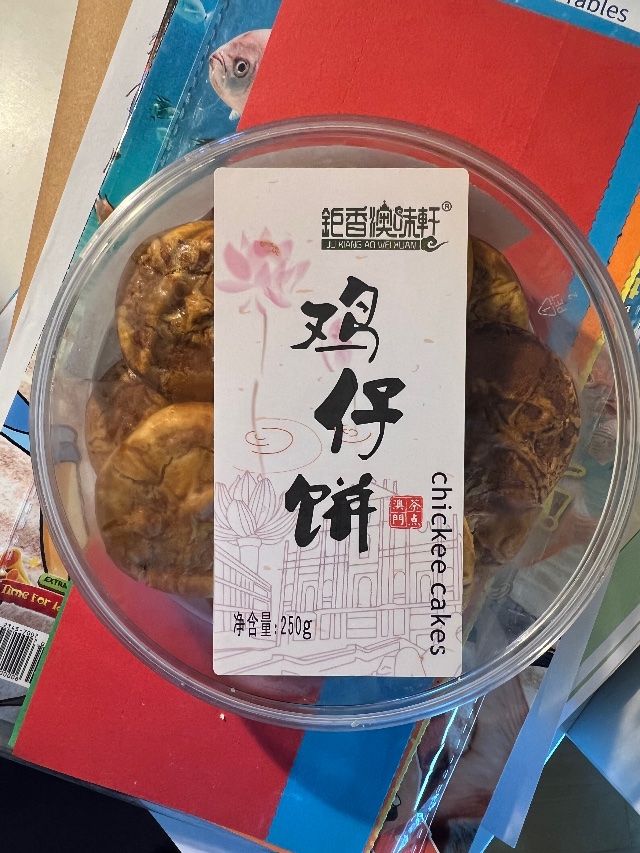As promised, here are the additional paragraphs from Vandermeersch on the roots of rationality in the earliest levels of Sinitic script. They come from John Lagerwey who will be awarded the 3rd “Prix Vandermeersch” on November 18. John explains:
I don’t have the time right now to give the full answer JPL deserves, but I am attaching the quotes from VDM’s Wangdao that I commented on recently during the day in his honor. This gives a number of key quotes from his work on “teleological” vs “morphological” and therefore constitutes the best answer to JPL at this time.
For the convenience of readers, I [VHM] am alternating Google translations with the original French text, section by section. I have made a few small modifications that are marked with my initials, and a few tiny ones for idiomaticity that are not marked.
For the latest study and lexicographical material touching on the subject of this post, see below at the very bottom.
——————-
Léon Vandermeersch, Wangdao ou La voie royale II Recherches sur l’esprit des institutions de la Chine archaïque, structures politiques, les rites
Léon Vandermeersch, Wangdao or The Royal Way II Research on the spirit of institutions in archaic China, political structures, rites
Read the rest of this entry »
